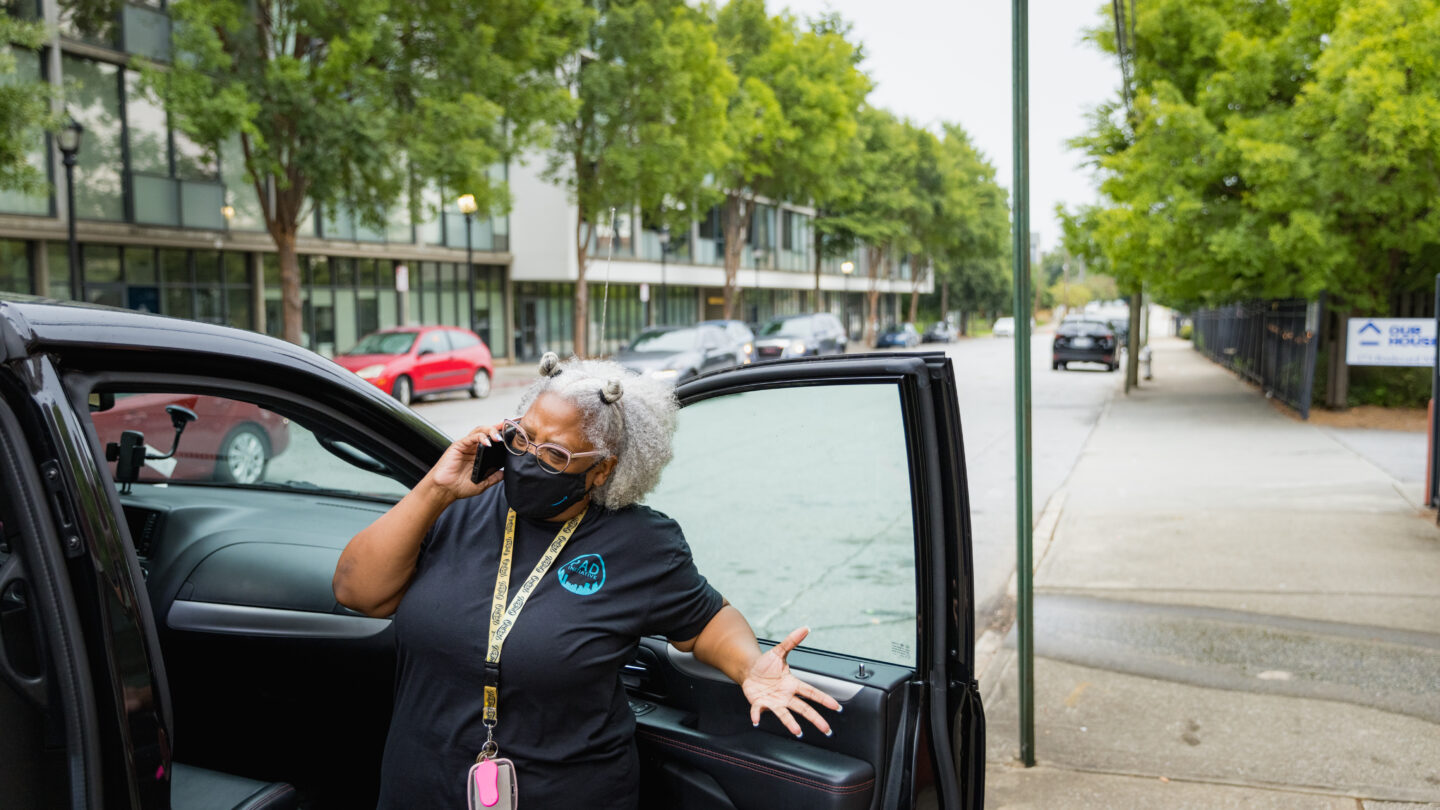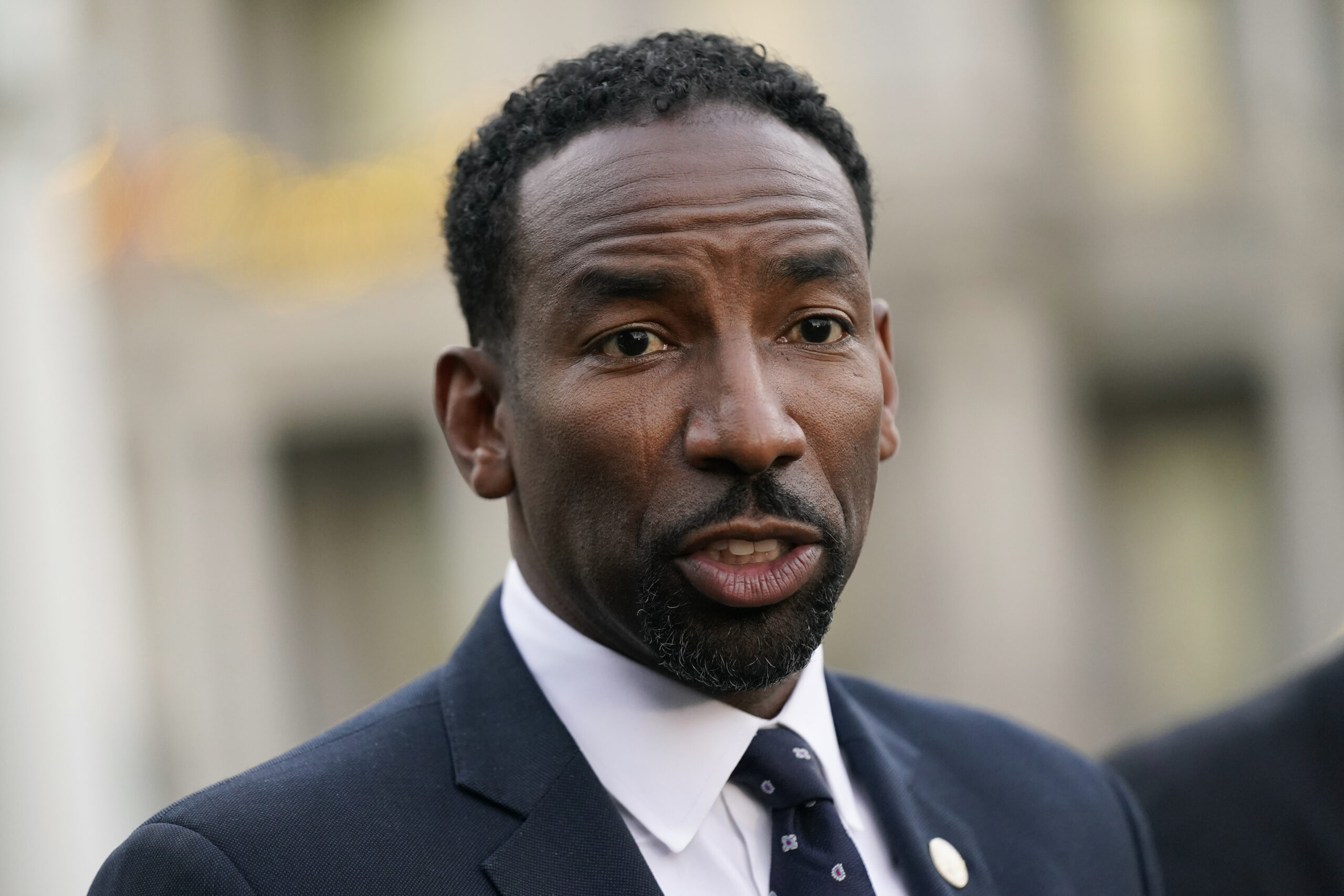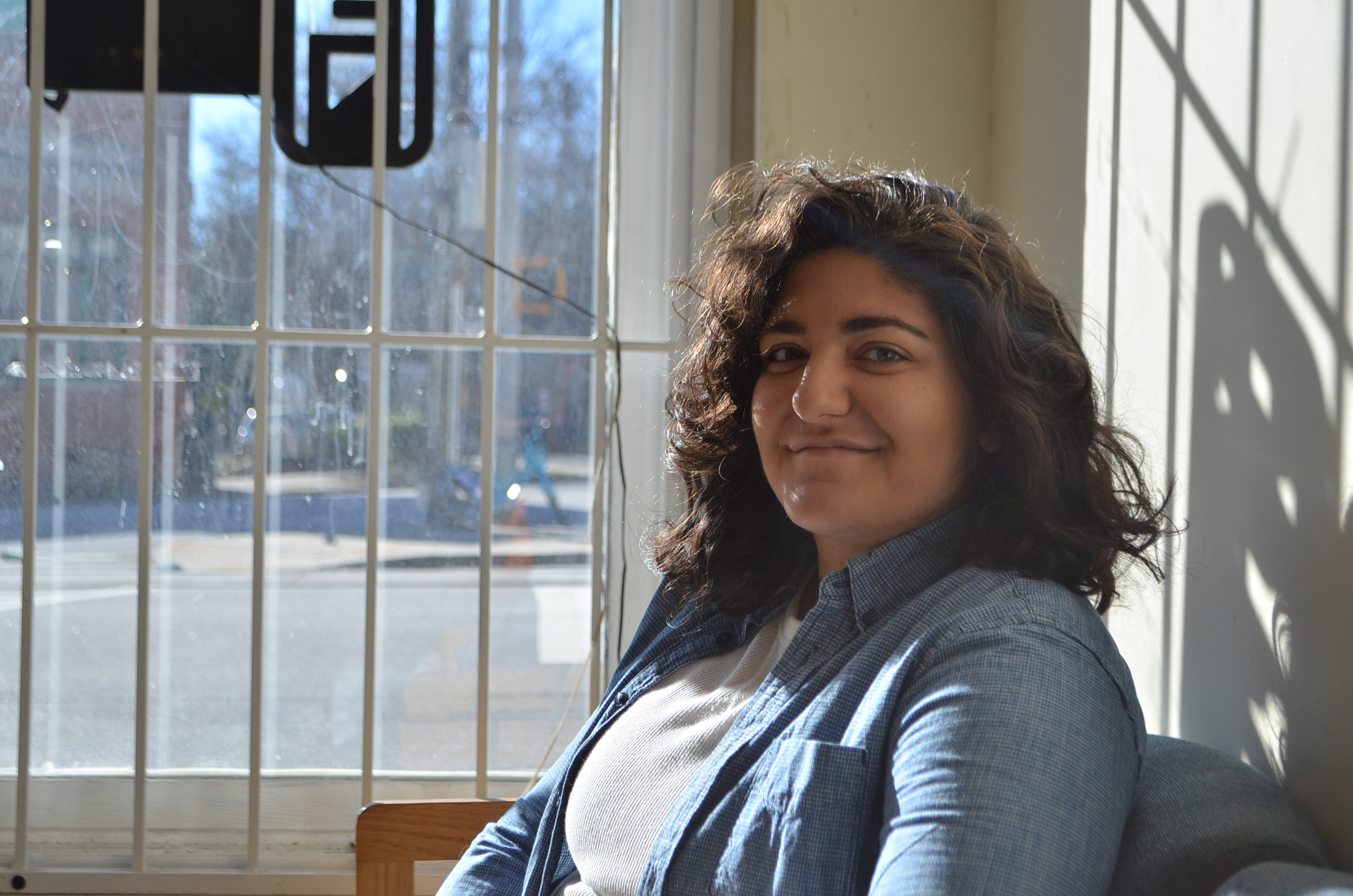On this edition of “Closer Look,” executive director of the Policing Alternatives & Diversion Initiative Moki Macias discusses her organization’s opposition to the Atlanta City Council’s vote to lease the city’s detention center to the Fulton County Jail.
Monday’s city council meeting incited division among its members, with only Liliana Bakhtiari, Jason Dozier, Antonio Lewis and Keisha Sean Waites voting against the lease — a response to overcrowding in Fulton County jails. The detention center could house up to 700 county inmates, pending approval from the Fulton County Commission and an analysis of what current detainees are being held for, and for how long.
Macias says a considerable number of diversion-eligible charges against incarcerated people include marijuana possession, petty shoplifting, criminal trespass — which disproportionately affects the unhoused — and disorderly conduct, which is oftentimes attributed to a mental health crisis. PAD aims to continue to provide better resolutions for Atlanta residents requiring crisis intervention.
This year, PAD reported the successful diversion of 176 people through their response team. According to data provided to PAD by the city, under 10% of individuals who underwent diversion tactics were arrested again later.
PAD’s ongoing expansion — backed by Mayor Andre Dickens — includes plans for a Center for Diversion and Services. But Macias says PAD has an obligation to speak against the jail lease and to continue working with local leaders to pursue long-term, alternative solutions to incarceration.










